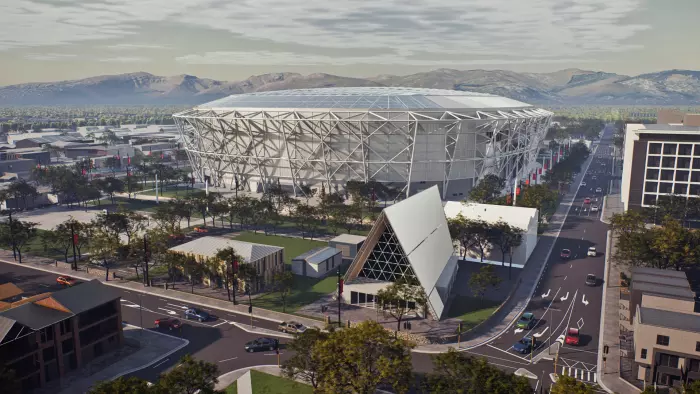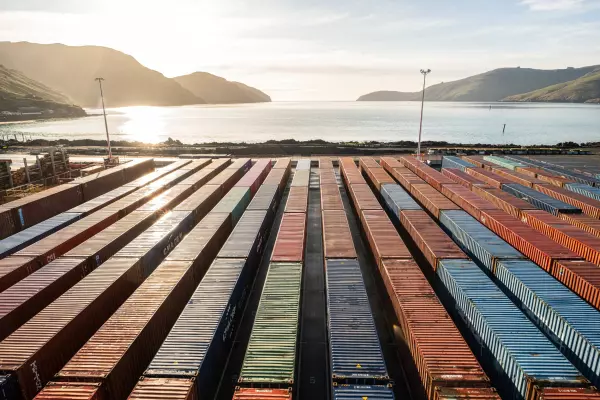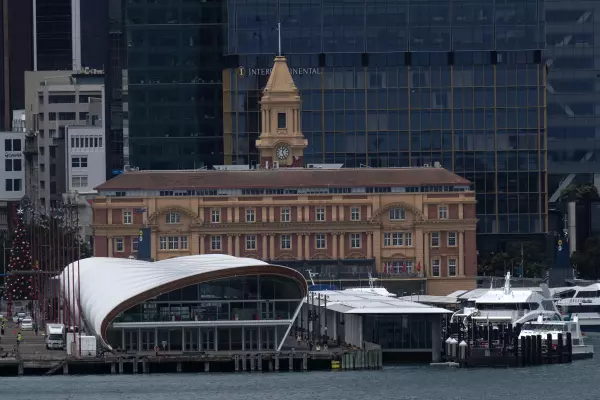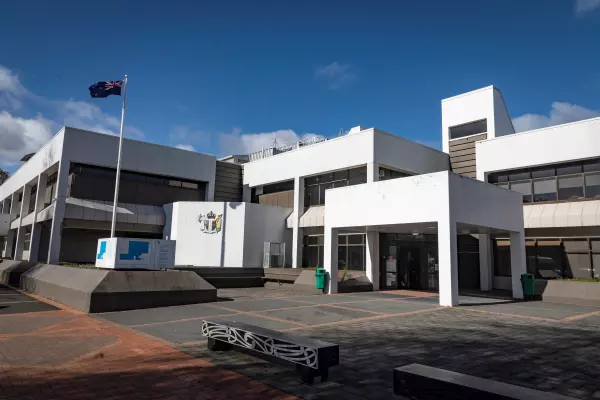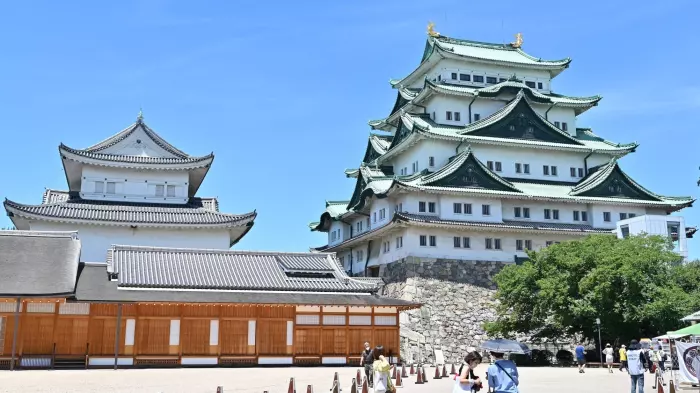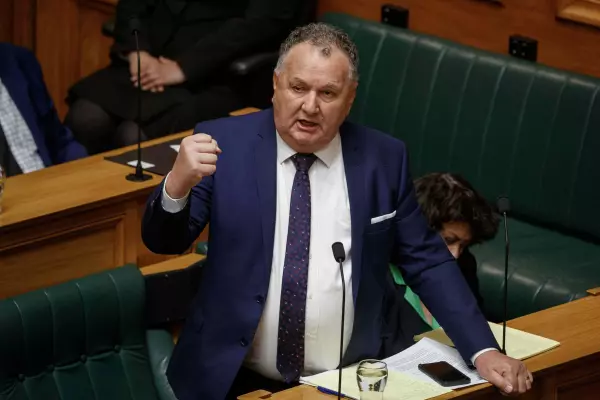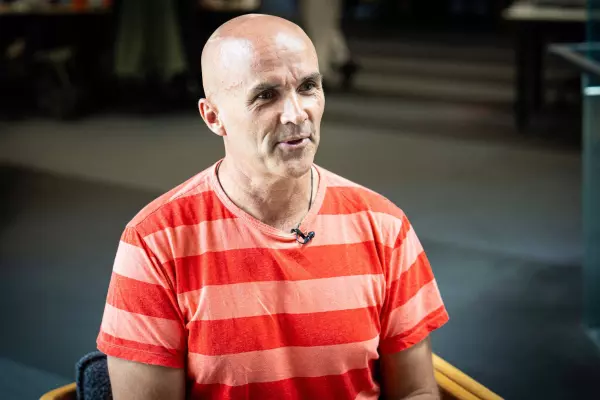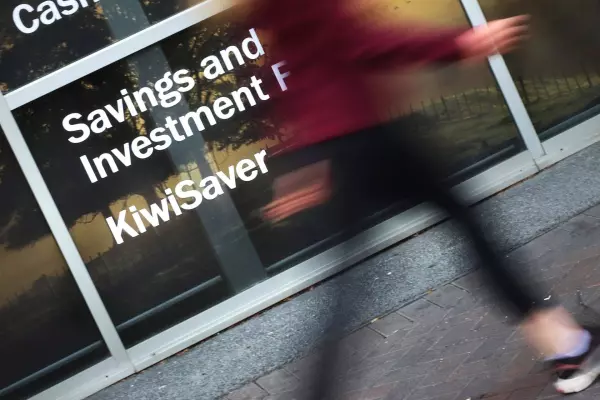On a cold night in Christchurch, Crusaders coach Scott Robertson brushed a tear from his eye as he delivered an emotional plea to city leaders to be courageous and get on with building the new stadium.
If the council follows his advice and adopts a ‘build it at all costs’ approach to the much-delayed anchor project, there will be more tears – not from sports leaders, but from current and future ratepayers of a council saddled with debt and unable to address other pressing capital needs without rates hikes.
Christchurch needs a new stadium. That choice was made when the then National government included a new facility in its blueprint for the post-quake rebuild, and cemented when the council opted to demolish the damaged Lancaster Park (a choice which, in retrospect, looks like it could have been a mistake given the touted repair costs).
The questions now are who pays, and whether the stadium should be rescoped.
On June 1, it was revealed the current 30,000 seat covered option could cost up to $683 million, $200m more than the initial budget and $150m more than the increased budget, which resulted when the council succumbed to public pressure and opted for a $50m increase to put in 30,000 seats.
Bigger than Dunedin
Parochialism and a misplaced sense of competition with Dunedin (Christchurch has a bigger population, an international airport and more accommodation), meant the city didn’t accept the 25,000 seat option recommended in a 2019 investment case. Unsurprisingly, every option analysed in the business case had a cost-benefit ratio of less than one, meaning the costs outweigh the benefits.
But how do you quantify the feel-good factor and intangibles of a new stadium, right?
The issue with persevering blindly with the current option and accepting the now-bloated cost and potential for further escalation, is Christchurch may end up with a massively expensive stadium which, in a bid to rein in costs, will have been ‘value managed’ to within an inch of its life. This means skimping on design, experience and fittings.
Ironically, the city may end up paying through the nose for a budget facility.
Overwhelmingly, though, the message from business and sporting leaders, as well as a handful of populist city councillors known for their frugality (seemingly applied on a discretionary basis) is: get on and build the bloody thing.
Fair enough. Construction delays are associated with increased costs; although current extreme price volatility – driven, in part, by unforeseeable events like the war in Ukraine and its impact on commodity prices – might warrant a pause.
Funding options
What galls is the lack of alternative funding proposals being put forward.
The crown has already committed close to $300m for the project (including land acquisition and associated demolition costs of $59m), meaning it flatly rejected chipping in more to fill what was then a $50m hole.
Neighbouring councils, too, have been noncommittal. There's a strong argument for them to contribute, given the regional benefits of the stadium, but local authorities other than Christchurch city haven’t been involved in developing the project or given the chance to consult their ratepayers on a formal request for funding.
Token asset sales, like the proposal to sell off land under the existing temporary stadium, would barely touch the sides.
It’s easy to tell the council to simply push ahead with the project, but to be credible – to prove their commitment and spare local ratepayers from an undue burden – business leaders and other stadium advocates and beneficiaries like Robertson should also be suggesting ways to fund it.
Last year, BusinessDesk reported on an opportunistic pitch from a staffer at the regional council, Environment Canterbury (ECan), who framed a bid for ECan to acquire a stake in Christchurch Airport from the city council, in the context of the city needing funds for the stadium. It was shot down out of hand, but at least it was put forward.
Other ideas, like fundraising, sponsorship and, yes, asset sales, should be explored if – after the public gets to have their say – the council opts to go ahead with a stadium that could cost $683m or more depending on further escalations. The risk, otherwise, is the stadium, already delayed, eats up and delays other capital projects for the foreseeable future.
City leaders and the wider public need to carefully consider the trade-offs.


